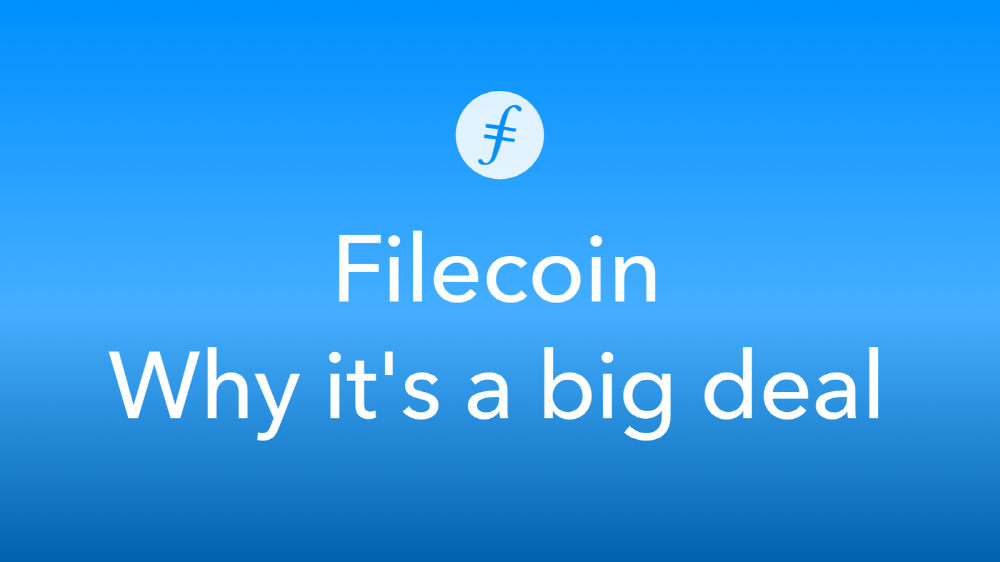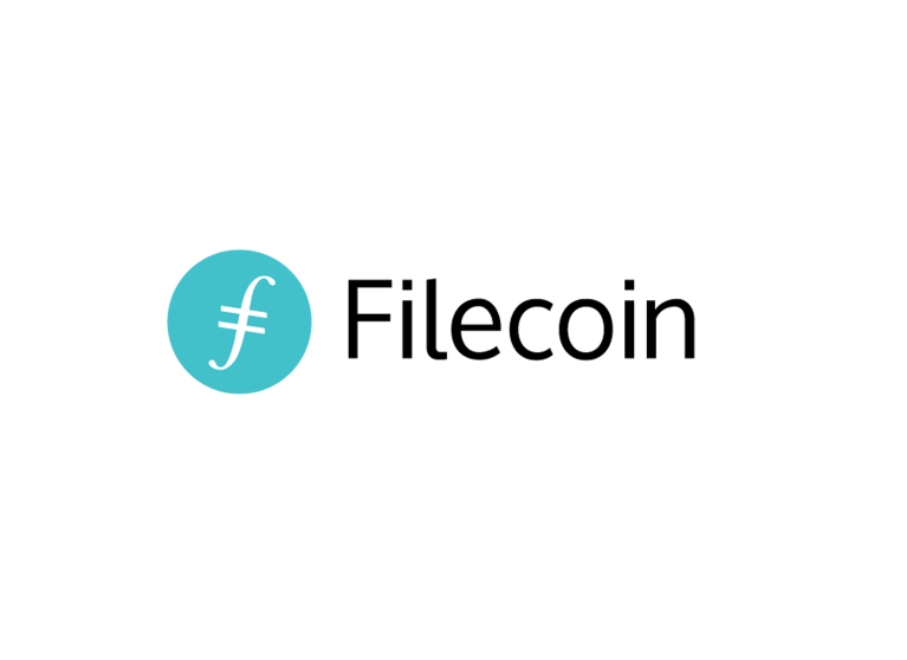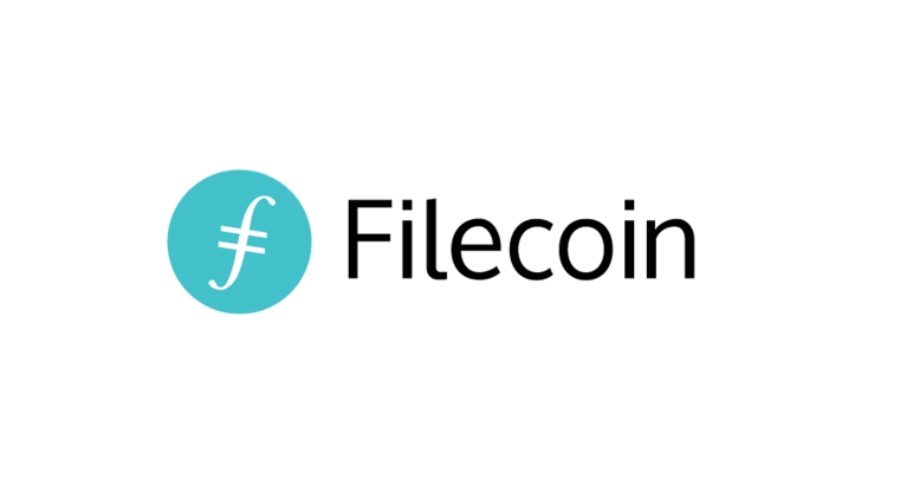
Cloud storage is useful when you share your material with others or sync it to any device that has a picture taken. However, it is true that with the development of cloud storage, a centralized structure in which user data is gathered in a specific company has been completed. CoinList, which supports cryptocurrency listing, explains Filecoin, which aims to distribute storage with a technology called IPFS.
To illustrate the innovation of FileCoin, Coinlist traces its storage history back to RAMAC, the world’s first magnetic disk storage device announced by IBM in 1956. Initially, RAMAC was offered on a rental basis and cost $640 per MB per month. Considering that the monthly cost of Google Drive these days is $10 per TB, you can see how expensive the story was at the time.
In the 1990s, SSDs, which are now widely distributed, appeared, but the structure of putting storage in their hands is unchanged. The change in this structure is the cloud service represented by Amazon AWS, which appeared in 2006. With cloud services, there is no need to physically place hardware abstracted data in their hands. However, a new problem has also arisen, where data is concentrated on specific companies that provide cloud services.
Filecoin is a service launched by Protocol Labs to put an end to such storage centralization. In 2017, it succeeded in raising $275 million through ICO. Filecoin’s core technology is a new P2P protocol that replaces HTTP called IPFS. IPFS divides data into units called IPFS objects and connects each object to distribute data storage locations.
Filecoin consists of three elements: cloud, reward service, and storage miner. The storage miner can receive the token FIL issued by Filecoin as a reward based on the accumulated computing power provided to the new storage miner and the network. When client data is stored next to the storage miner, it is secured by FIL that can receive the data in the future, and if the data is deleted, the secured FIL is lost. With this motive, the reliability between the miner and the client is maintained.
Unlike cloud services, FileCoin does not have an administrator who can prove that data is properly stored for a certain period of time. To prove the validity of data without an administrator, Filecoin introduces two certificates, RoRep (Proof of Replication) and PoSt (Proof of Spacetime). PoRep is issued by the miner only once at the time of copying and proving that the minor has properly copied the client data to the physical storage. PoSt proves that PoRep is valid for a period of time, and the miner repeatedly issues a certificate and renews the validity period. By issuing these two certificates, the user, who is a client, can check whether his or her data is stored properly and for how long.

Coinlist also says that pricing for storage services that are in an oligopolistic state is uncertain. Filecoin is priced reasonably according to the principle of supply and demand, without fear of controlling the supply to a specific organization in order to rent the remaining storage for anyone. It is a structure that lowers the barriers to market entry and promotes price competition by providing a market base where anyone can rent unused homes. Related information can be found here .


















Add comment